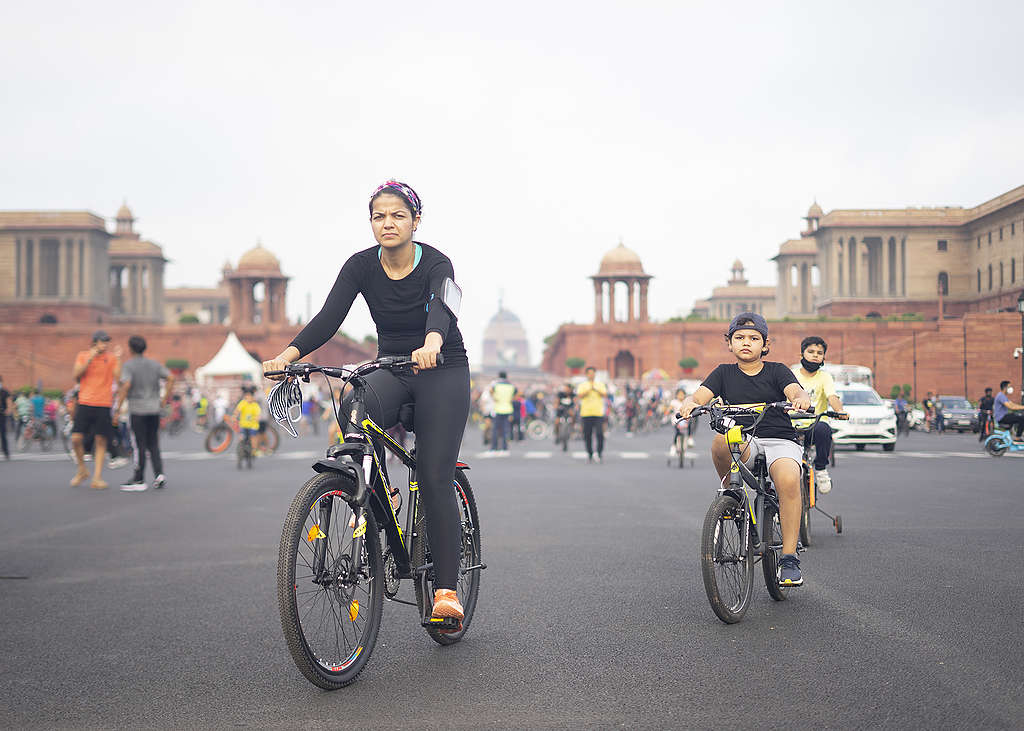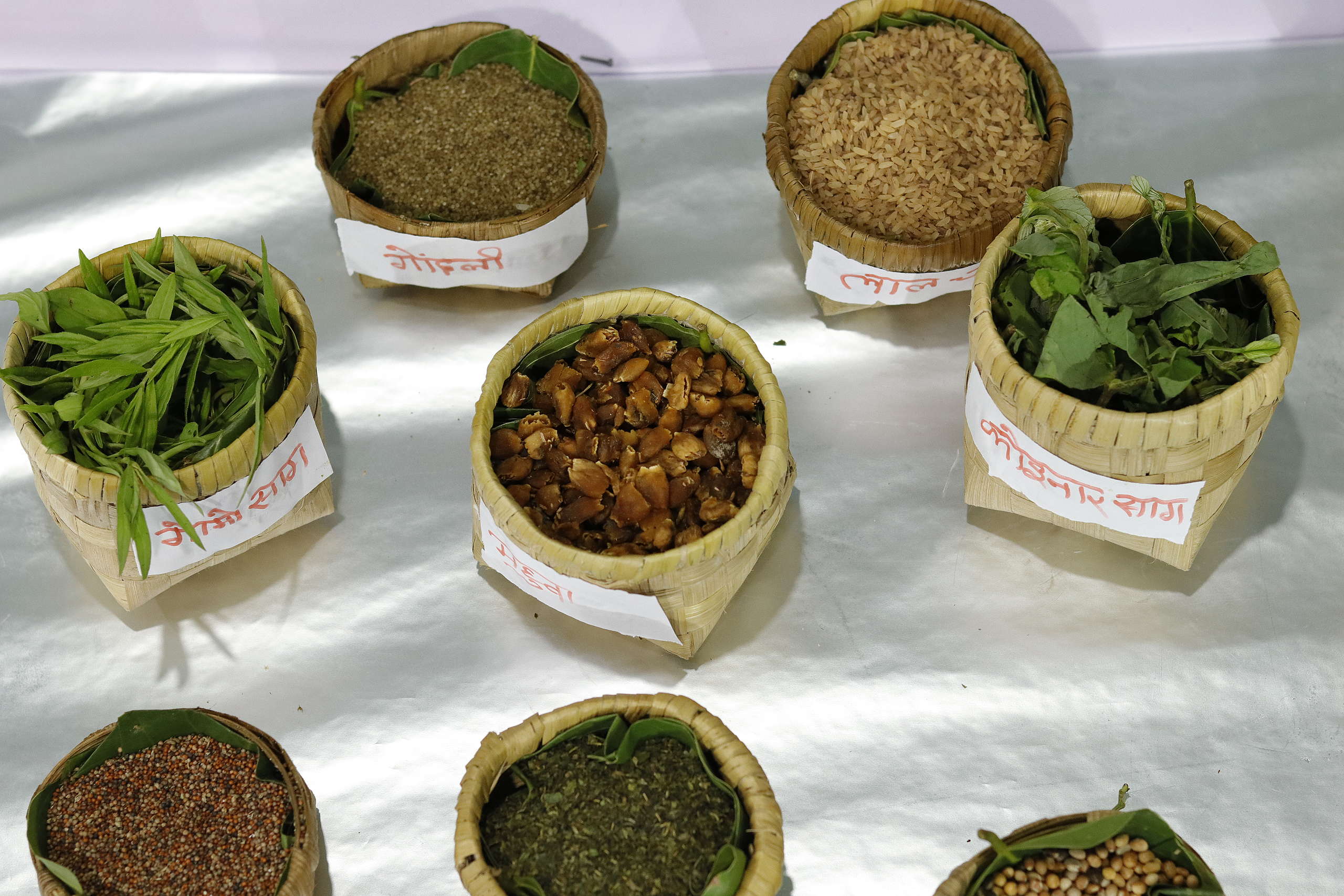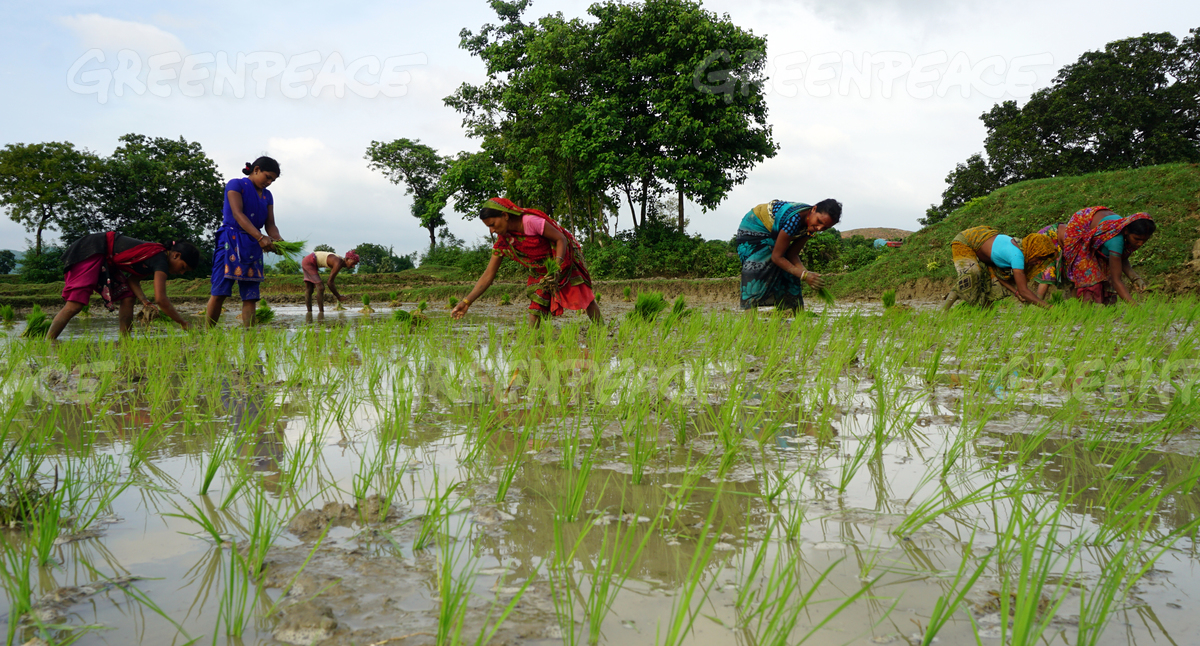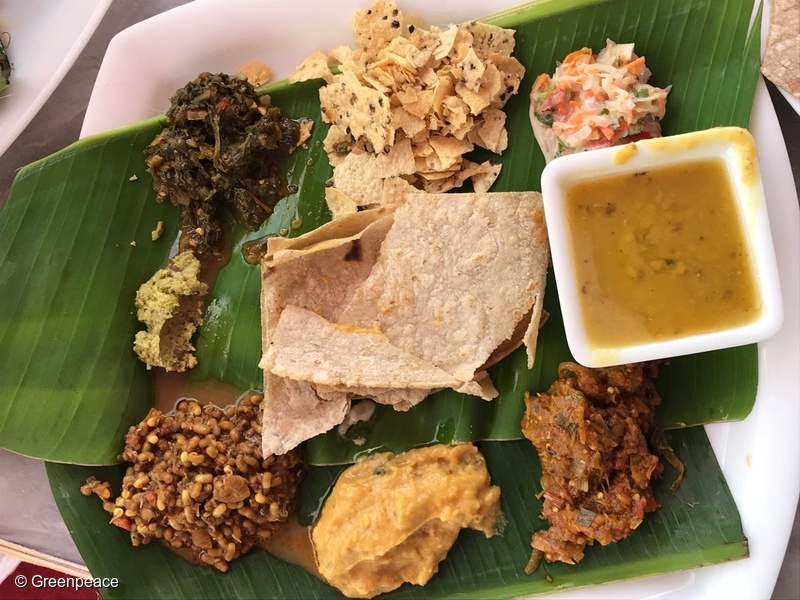Greenpeace had shared the findings of its research with all the companies before releasing the report and has been engaging with the companies since then. As a result of this, companies like HUL and Girnar publicly announced an approach to phase out pesticides from their supply chain, whereas TGBL, another market leader, advocated for reduction in pesticides use. Greenpeace India finds this reductionist approach inadequate as it will not help the tea industry move out of the pesticides treadmill.
“We have communicated to TGBL that their approach to address the pesticide menace in tea cultivation is not enough, but so far we have not heard back from them. This poses a huge question on their commitment to consumer safety,” said Neha Saigal, Senior Campaigner, Greenpeace India. She further stated that substitution based approaches are not the answer; the need of the hour is a holistic ecosystem based approach that tea companies must adopt and advocate for.
Tata Global Beverages is one of the market leaders; hence the onus is on them to give consumers pesticide-free tea. Consumers associate TATA with reliability and sustainability, and they expect the company to demonstrate leadership and commit to whatever it takes to supply clean chai.
Greenpeace India demands and urges TGBL to go the Unilever way and give consumers a clean cuppa!
- Link to the report: http://www.greenpeace.org/india/Global/india/image/2014/cocktail/download/TroubleBrewing.pdf
- http://www.unilever.nl/nieuwsenmedia/persberichten/2014/UnileverstartonderzoekinIndianaarmogelijkheidtheetetelenzonderpesticiden.aspx
- https://twitter.com/TeasAtGirnar
- http://www.tataglobalbeverages.com/docs/documents/guidelines-on-plant-protection-formulations-%28ppf%29.pdf?sfvrsn=10




